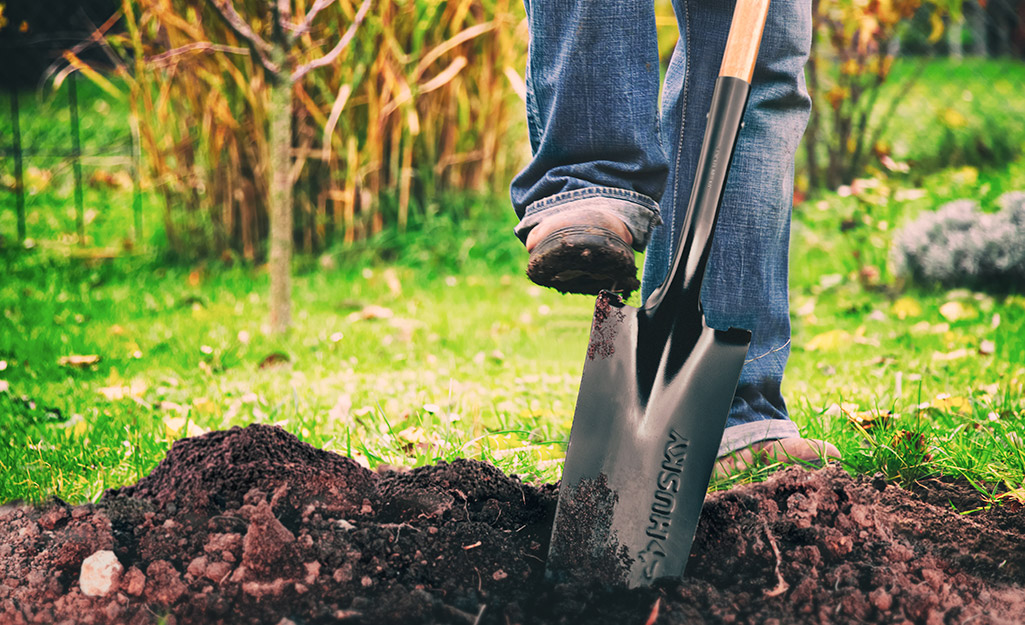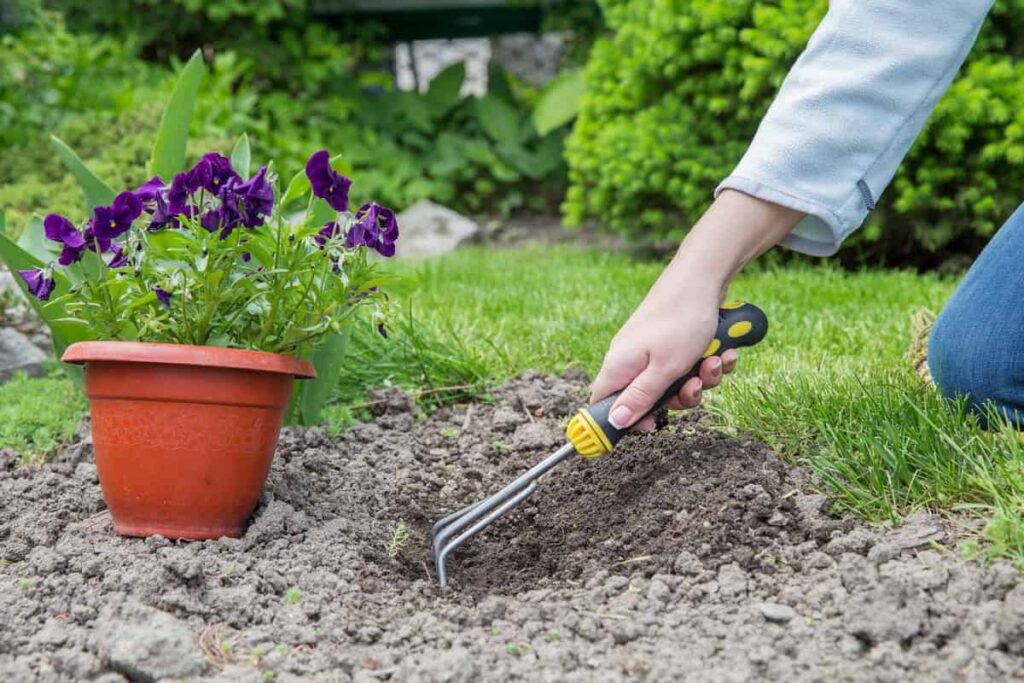blog
The Best Digging Tools for Every Gardening Need
Digging is one of the most fundamental tasks in gardening. Whether you’re planting flowers, vegetables, or creating a new bed, the right digging tools can make all the difference in the ease and efficiency of the job. With a variety of tools available, it’s essential to choose the ones that suit your specific needs and gardening style. In this guide, we’ll explore the best digging tools for every gardening need, helping you find the right tools to get the job done effectively and comfortably.
Why Digging Tools Matter in Gardening
The importance of digging tools in gardening cannot be overstated. Good digging tools not only make the job easier but also ensure that you’re working efficiently, minimizing fatigue, and protecting your plants and soil from unnecessary damage. Whether you’re preparing soil for planting, digging up weeds, or creating new garden beds, the right tools can help you work more comfortably and effectively.
Choosing the right tool for the job can save you time and effort. A poorly chosen tool, on the other hand, can lead to frustration, wasted energy, and potentially damage to your plants or garden beds. With the vast array of digging tools available, knowing which tool is best suited for each specific task is crucial.

Essential Digging Tools Every Gardener Should Have
Several tools are considered essential for any gardener who frequently digs, plants, or works with soil. Here are the most common and important digging tools, each with its own purpose and benefits:
1. Garden Spade:
A garden spade is one of the most versatile and essential digging tools. It features a flat, rectangular blade that is ideal for digging, edging, and lifting soil. The sharp edge of a spade allows you to cut through the soil easily, making it perfect for tasks such as creating garden beds, digging holes for plants, or dividing perennials.
- Best For: Digging straight-sided holes, edging flower beds, cutting through roots, and dividing plants.
- Why You Need It: A spade is a must-have for any gardener who does heavy soil work. It provides a great balance of control and efficiency.
2. Digging Fork:
A digging fork, or garden fork, is another indispensable tool. It has several long, sturdy tines that can penetrate compacted soil more easily than a spade. This makes it ideal for loosening and aerating soil, turning compost, or harvesting root vegetables like potatoes and carrots.
- Best For: Aerating soil, loosening compacted earth, and digging up root vegetables.
- Why You Need It: When you need to break up hard soil or work in dense garden beds, a digging fork offers superior maneuverability compared to a spade.
3. Trowel:
A trowel is a small, hand-held tool that’s perfect for digging smaller holes and moving soil in tight spaces. It is often used for planting individual plants, such as flowers, herbs, and small shrubs. With its pointed tip and comfortable handle, it’s perfect for precision work.
- Best For: Digging small planting holes, transplanting seedlings, and moving small amounts of soil.
- Why You Need It: For smaller, more delicate gardening tasks, a trowel is invaluable due to its size and maneuverability.
4. Hoe:
A hoe is a versatile digging tool with a long handle and a flat blade that is used to break up soil, remove weeds, and prepare garden beds. It’s especially useful for tasks that require large-scale soil movement, such as clearing a large area for planting or loosening soil before planting rows of vegetables.
- Best For: Weeding, cultivating soil, and creating planting rows.
- Why You Need It: Hoes are essential for gardeners who need to clear large spaces or regularly manage weeds in their garden beds.
5. Post Hole Digger:
A post hole digger is a specialized tool used to dig narrow, deep holes for fence posts, plants, or trees. It has two long handles and sharp blades that help you dig precisely and reach depth without disturbing the surrounding area.
- Best For: Digging deep, narrow holes for posts, trees, and shrubs.
- Why You Need It: If you need to plant larger trees or set posts, a post hole digger is perfect for ensuring you dig the right depth and width.
6. Trenching Shovel:
A trenching shovel has a long, narrow blade that is ideal for digging trenches. It’s often used for installing irrigation systems or planting in rows. The design of the blade allows you to dig straight, even trenches without disturbing too much of the surrounding soil.
- Best For: Digging narrow trenches, installing irrigation systems, and planting in rows.
- Why You Need It: For trench work or projects that require narrow, precise holes, a trenching shovel is a highly specialized tool.
7. Soil Auger:
A soil auger is a tool that drills into the earth with a rotating action. It’s ideal for digging deep holes in compacted soil without too much effort. The auger can be used manually or with a power drill for deeper, faster holes.
- Best For: Digging deep, narrow holes for planting trees, bulbs, or posts.
- Why You Need It: If you need to dig deep into the earth for planting or installing posts, a soil auger saves time and effort.

How to Choose the Best Digging Tool for Your Garden
With so many different digging tools available, it’s essential to choose the right one for your specific gardening needs. Below are some factors to consider when selecting the best tool for your garden:
1. Garden Size and Layout:
The size of your garden and the layout of your planting beds will play a significant role in determining the tools you need. For smaller gardens or container gardening, a trowel or hand fork may be sufficient. However, for larger gardens, a garden spade, hoe, or digging fork will be necessary to tackle more extensive digging tasks.
2. Soil Type:
The type of soil you’re working with is another key factor. If you have heavy clay or compacted soil, tools like a digging fork or a soil auger will make it easier to break up and loosen the ground. If you have sandy or loamy soil, a traditional garden spade or trowel should be sufficient.
3. Planting Needs:
Consider the types of plants you’ll be growing and how deep they need to be planted. For larger plants like shrubs and trees, a post hole digger or trenching shovel might be required. For smaller plants or vegetable gardens, a spade or trowel will likely be more than enough.
4. Physical Comfort:
Some gardening tasks can be physically demanding, so comfort is key. If you have back or joint pain, look for ergonomically designed handles that reduce strain and make digging tasks easier. Additionally, choosing lightweight tools will make the job less tiring, especially during extended gardening sessions.
5. Durability and Maintenance:
Durability is an important consideration when choosing digging tools, as they will be exposed to the elements and frequent use. High-quality steel or carbon steel tools are generally the most durable, while plastic or aluminum tools are lightweight but may not last as long. Be sure to check the construction of the handles and the blades before purchasing to ensure they will withstand regular use.
Specialized Digging Tools for Advanced Gardening Tasks
For gardeners who require specialized tools for advanced tasks, there are additional options to consider:
1. Mattock:
A mattock is a heavy-duty tool used for breaking up hard, rocky soil. It has a pickaxe-style blade on one side and a hoe-style blade on the other, allowing you to tackle tough tasks like digging through roots or breaking up compacted soil.
- Best For: Breaking up tough soil, digging through rocks or roots.
- Why You Need It: If you’re working with hard, compacted soil, a mattock is your best bet for tough digging tasks.
2. Root Slayer Shovel:
A root slayer shovel is a heavy-duty tool with serrated edges that can easily cut through tough roots and soil. It’s ideal for transplanting trees, removing stubborn plants, or digging in areas with a lot of roots.
- Best For: Digging through thick roots, transplanting trees.
- Why You Need It: If you have a garden full of stubborn roots or need to transplant large plants, this tool makes root cutting much easier.
Conclusion
Choosing the best digging tools for your garden can make a huge difference in the ease and efficiency of your gardening tasks. The right tools will help you prepare the soil, plant, and maintain your garden with less effort and more comfort. Whether you’re working with heavy, compacted soil, creating garden beds, or simply digging small holes for flowers, there’s a tool designed for every need.
Remember to consider the size and layout of your garden, the types of plants you want to grow, and the tools’ durability and comfort when making your decision. With the right digging tools, you’ll enjoy a smoother gardening experience, creating a beautiful and healthy garden with minimal effort.


